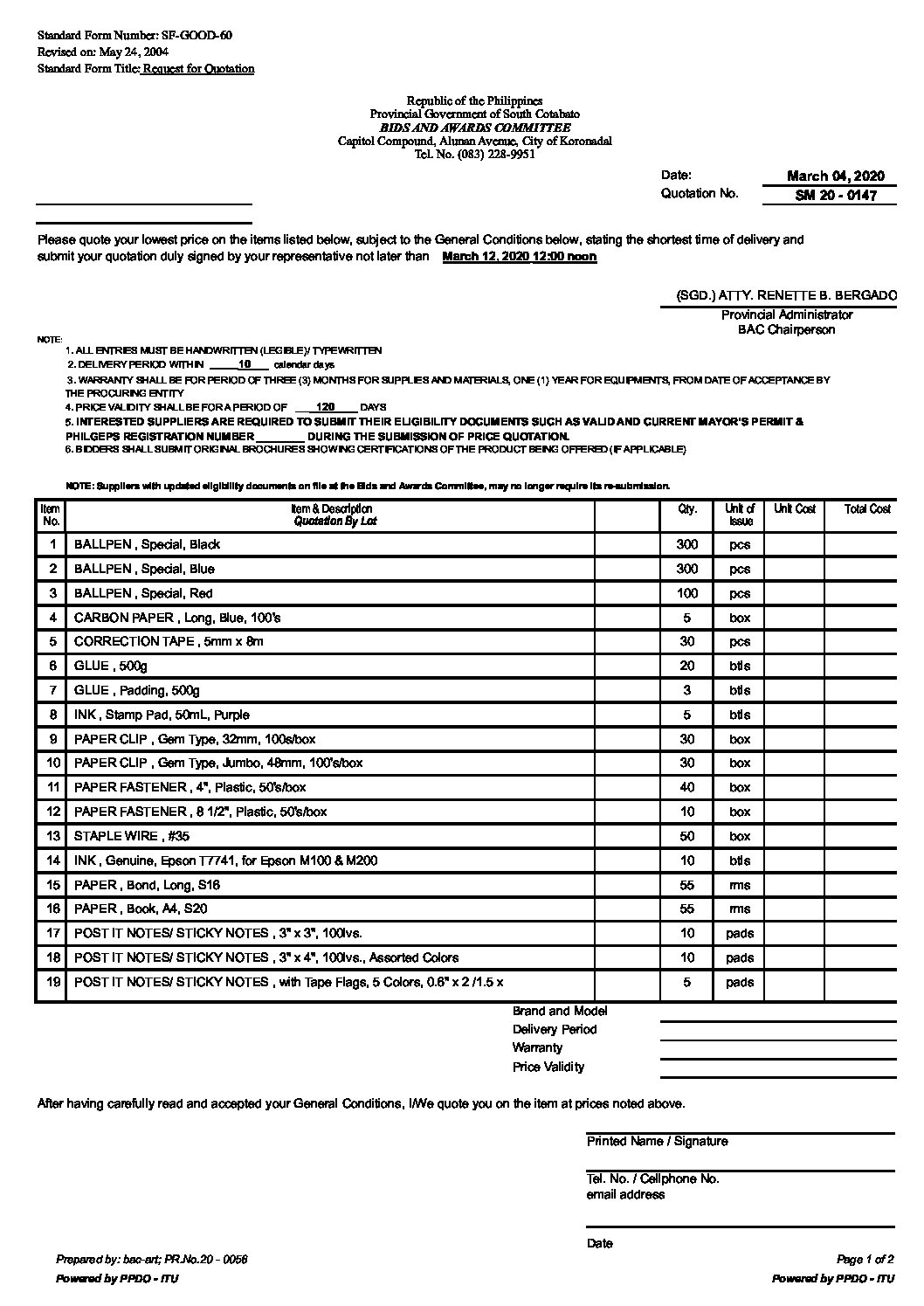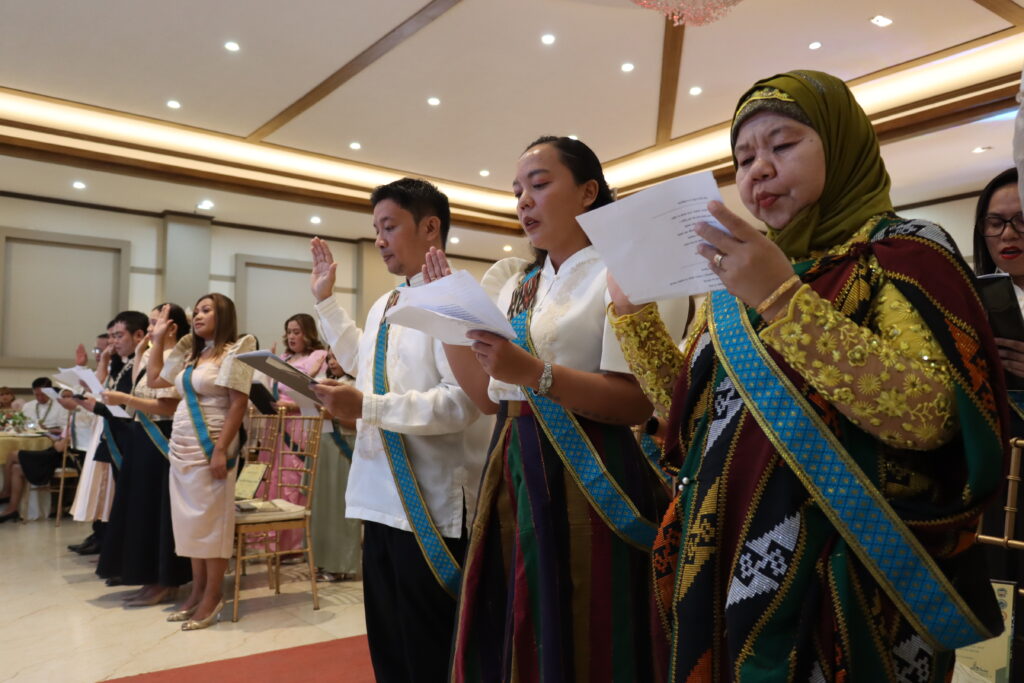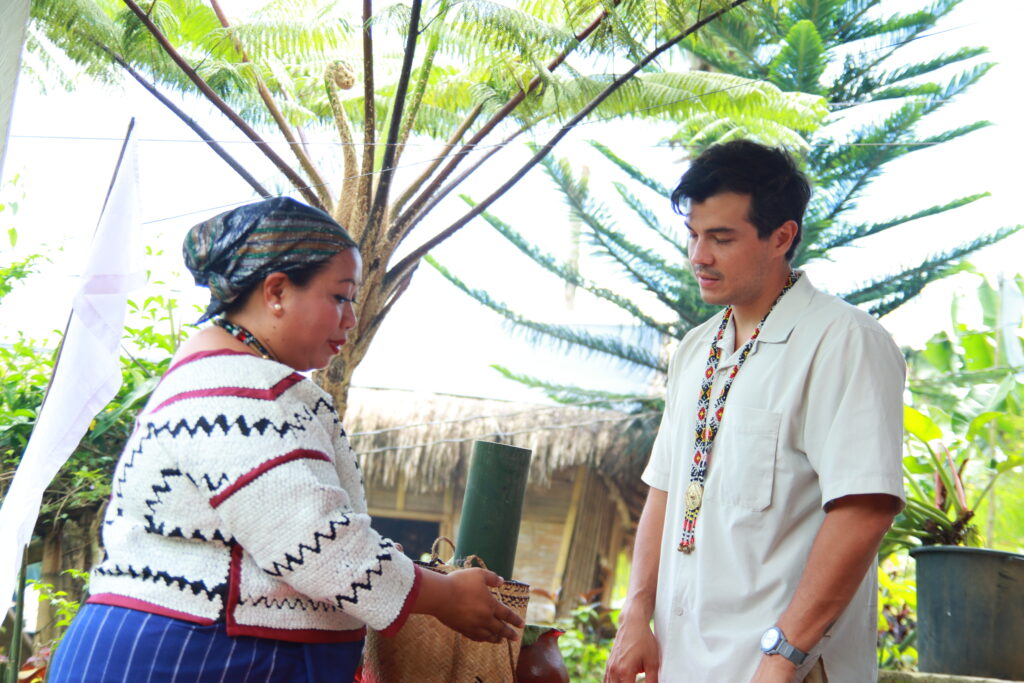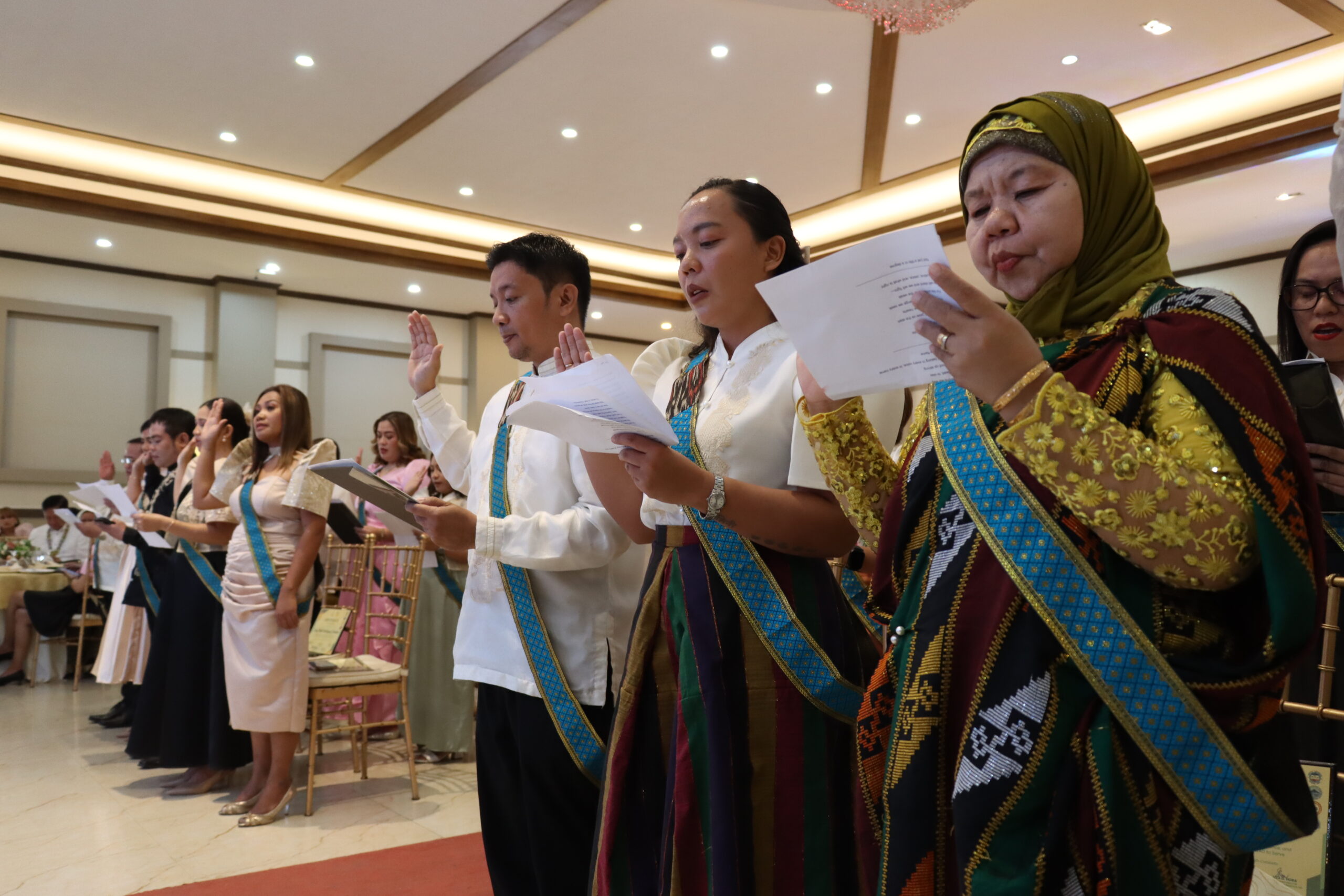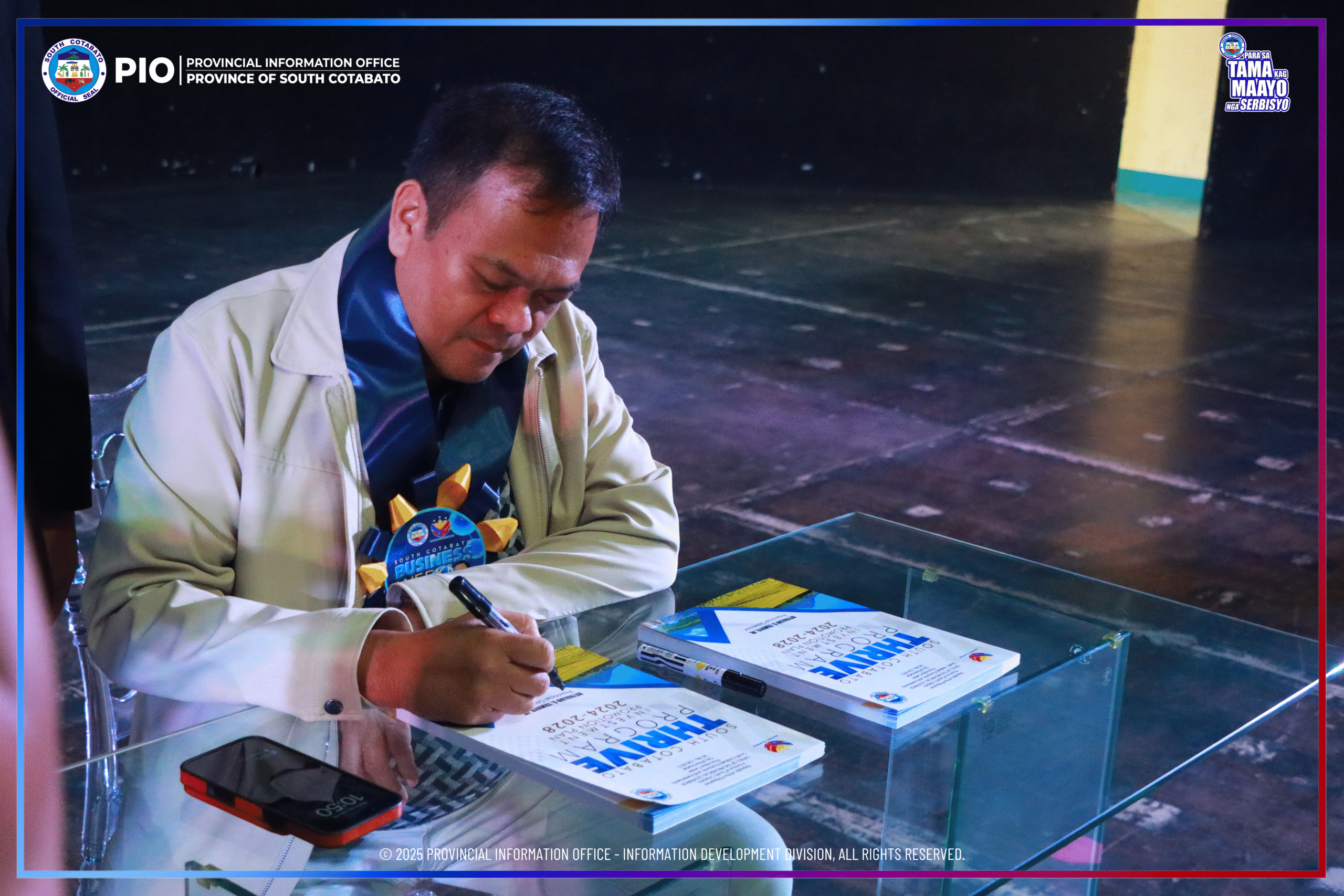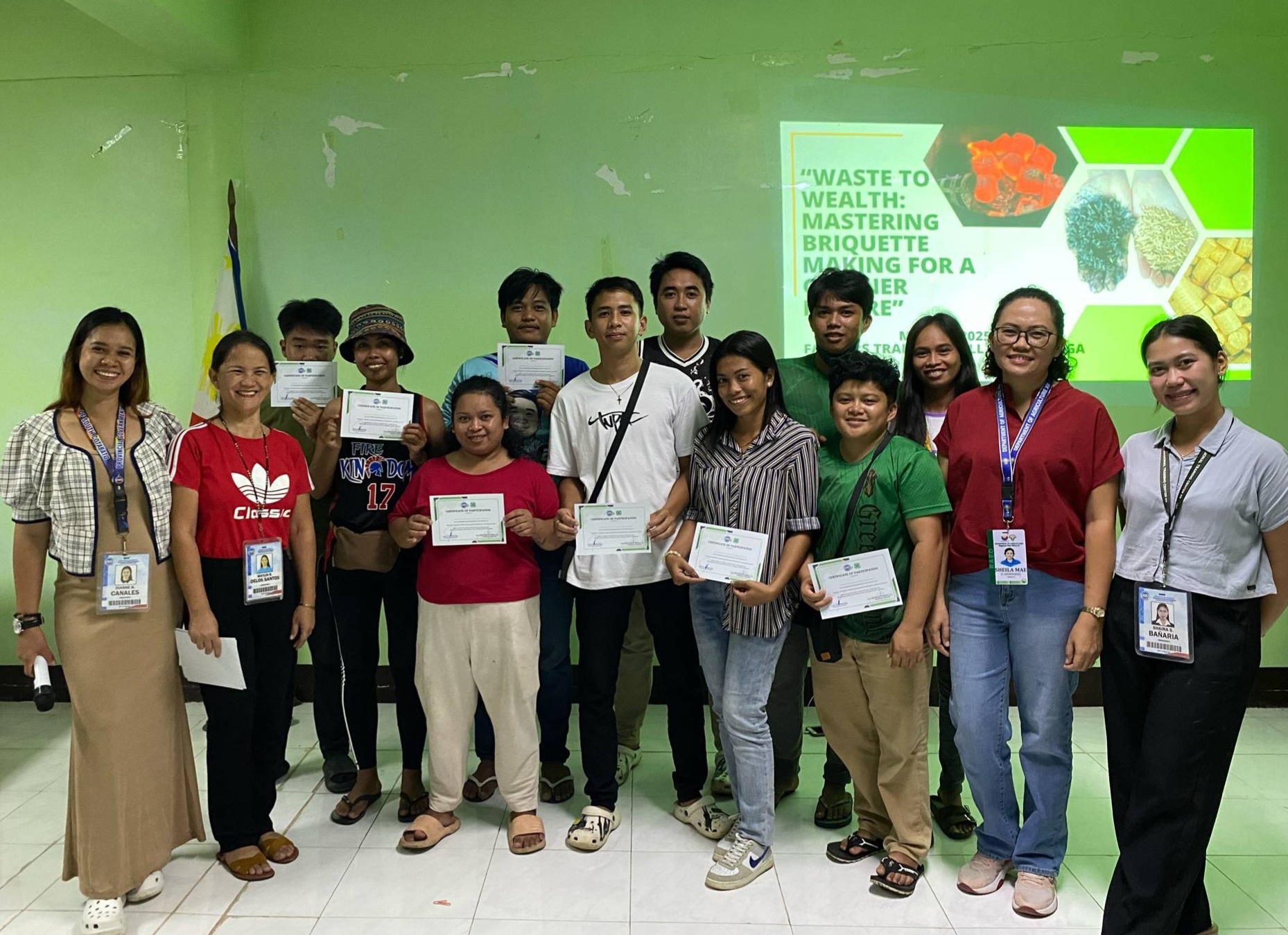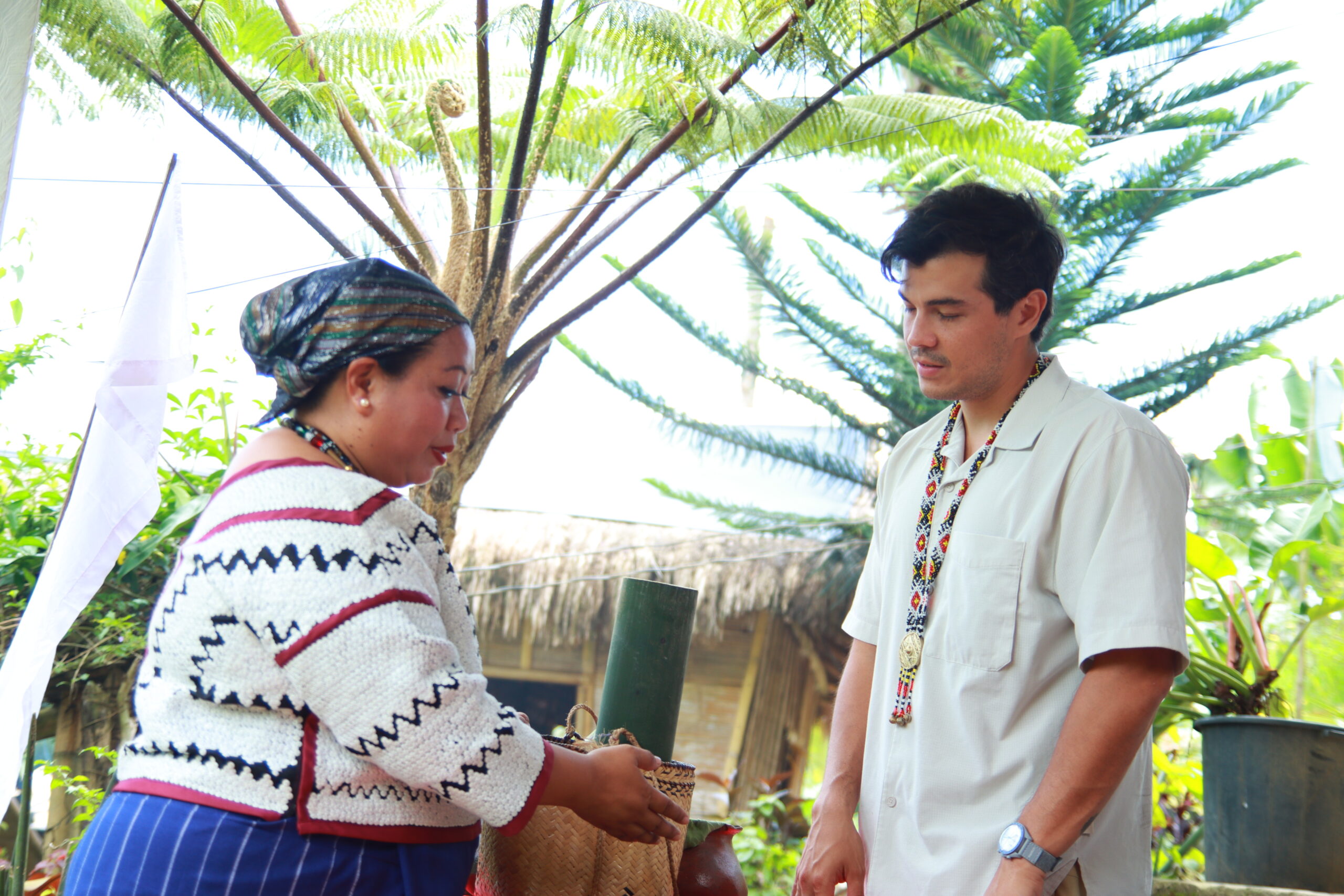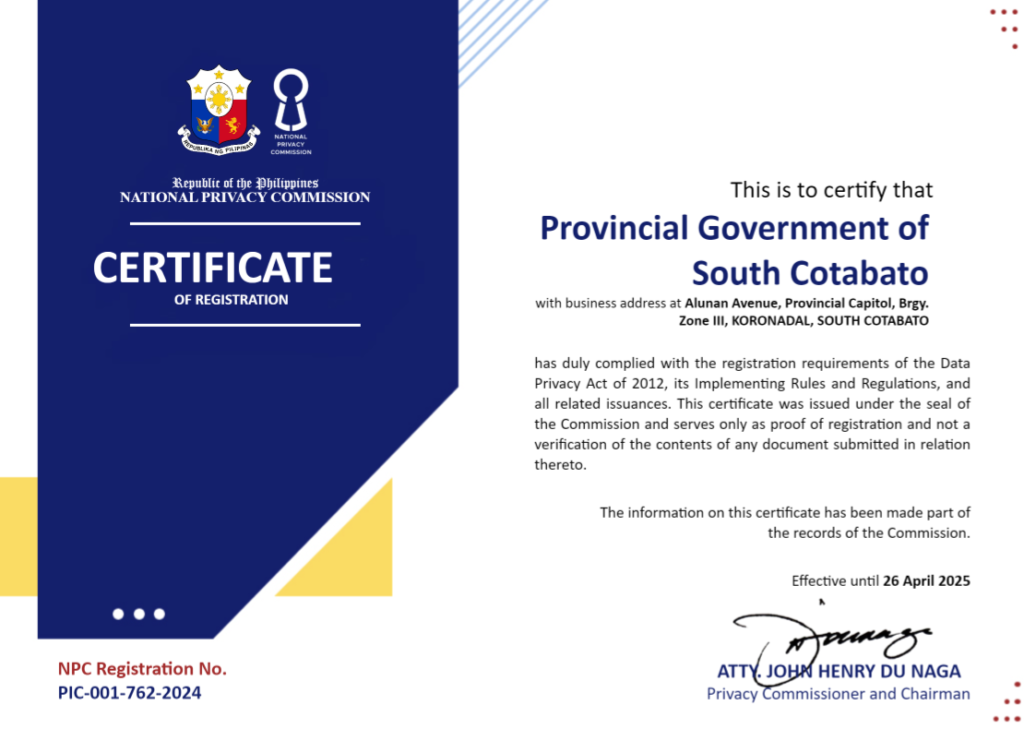With the rising problem of social stigma on Persons Under Investigation (PUI), Persons Under Monitoring (PUM) or Persons diagnosed positive of the Corona Virus Disease (CoViD-19), the integrated Provincial Health Office (IPHO) conducted a Lecture-Seminar on Social Stigma and Crisis Communication last Monday (April 6) to broadcasters of local radio stations in the province to seek their help in addressing it as community influencers.
Non-Communicable Disease (NCD) Focal Person Eldon Hans Serame discussed the Definition of Social Stigma, who suffers from it, why CoViD-19 is causing so much Stigma, Impact of Social Stigma and How to Address Stigma to the 14 broadcasters in attendance.
Serame said that Social Stigma “is the negative association between a person and group of people who share certain characteristics on a specific disease.”
But in an outbreak like the CoViD-19, Serame continued that this may mean that people are labeled, stereotyped, discriminated against, treated separately and, or experience loss of status because of a perceived link with the disease.
The family, health care workers and frontliners, communities, people who do not have the disease but share other characteristics and people who may have or have the CoViD-19 are those who suffer directly from the stigma, according to Serame.
“The impact of the stigma can drive the people to hide the illness to avoid discrimination, prevent people from seeking health care immediately and discourage people from adopting healthy behaviors,” Serame added.
In order to address the problem, Serame stressed that “words matter;” so when talking about CoViD-19, certain words and language may have a negative meaning for people and fuel stigmatizing attitudes.
He suggested as an example that instead of using “transmitting CoViD-19,” “infecting others,” or “spreading the virus,” using “acquiring” or “contracting the virus” is more appropriate.
Let us “spread the facts” and “amplify hope,” Srame’s message to the broadcasters as he concluded his short talk on social stigma.
Menwhile, Philippine Information Agency (PIA) 12 Officer-In-Charge Danilo Doguiles’ talk about Crisis Communication emphasized on its objectives; that it should “provide “first, right and credible” information to gain control of the situation and the trust of the public before the speculation and rumor dilute authority.
Doguiles stressed that Crisis Communication belongs to the management, which in this case belongs to IPHO, the Incident Command System or local chief executive.
“In any crisis or disaster situation, public communication is important. Thus, collaboration between the crisis management team and media is essential,” Doguiles pointed out.
The crisis managers should know about media function and understand in general that the mass media can help create understanding the reality and can engage with the community and lead mass action, according to Doguiles.
Doguiles suggested that the crisis management team should establish relationships with the local media agencies before the disaster, identify and establish a primary contact point as source of all information and provide all media outlets with the same information at the same time.
For the media, Doguiles touched on the Health Privacy Code especially on the release of information which is subject to “valid informed consent” and confirmation by at least of 2 sources for every breaking news broadcasted to ensure quality of the source.


